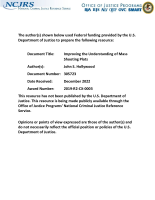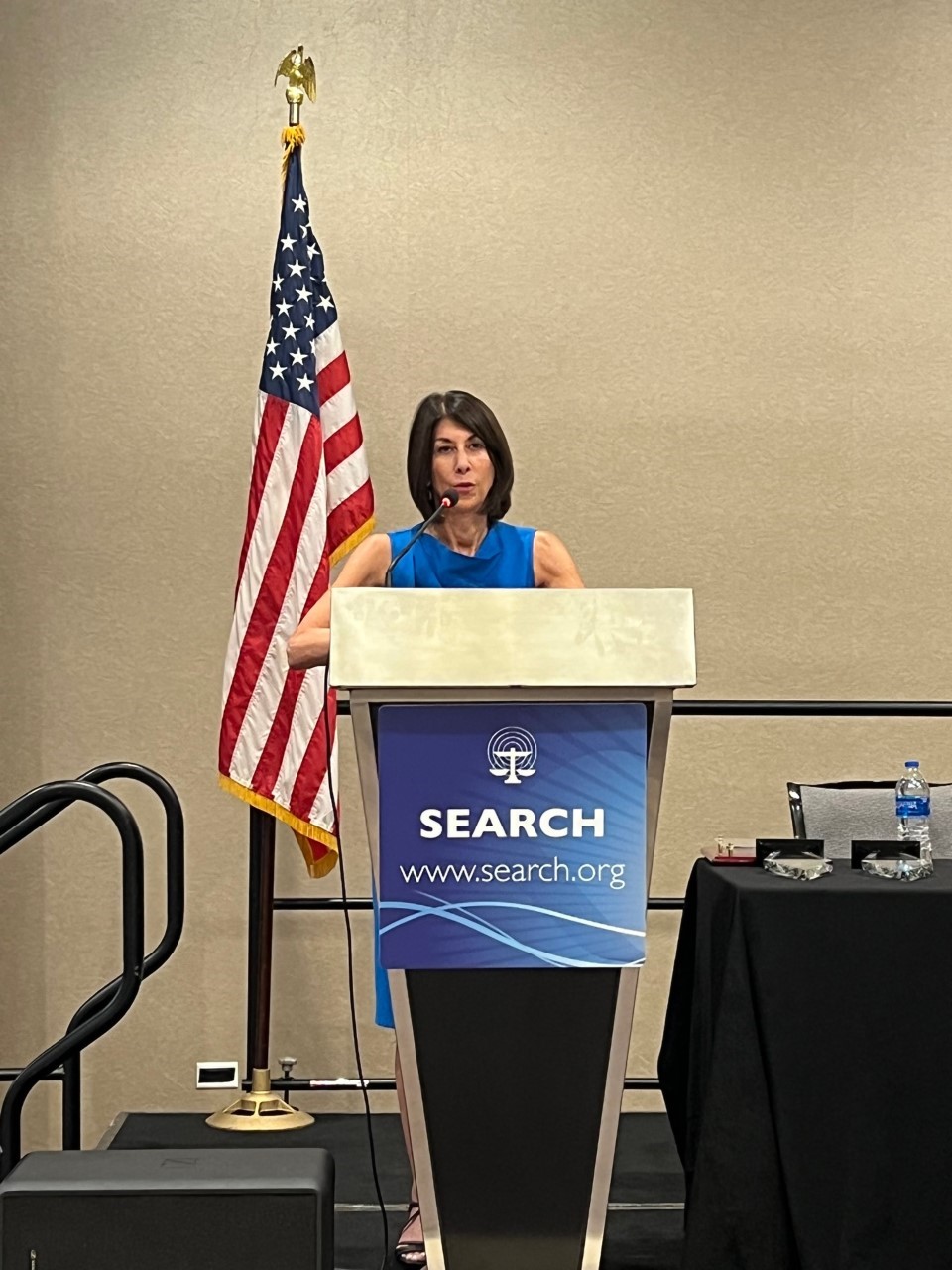Shooting
Can School Lockdowns Save Lives? An Assessment of Drills and Use in Real-World Events
How Mass Public Shooters Use Social Media: Exploring Themes and Future Directions
Estimating the Global Prevalence of Mass Public Shootings
A Micro-and Macro Evaluation of the Effectiveness of Extreme Risk Protection Orders in Colorado
A Mixed Methods Evaluation of the Impacts and Implementation of Florida's Risk Protection Order (RPO) Law, 2018-2023
A 28-year longitudinal study of victimization and perpetration of violence in high-risk youth: Advancing the development of preventive interventions in the community
Extreme Risk Protection Orders, Leakage, and Social Networks: The Legislative, Behavioral, and Social Contexts Surrounding Mass Public Shooting Incidents and Plots
Psychosis and mass shootings: A systematic examination using publicly available data
Meeting the Ongoing, Urgent, Unmet Needs of Uvalde Residents After the Robb Elementary School Shooting
Communication of Intent to Do Harm Preceding Mass Public Shootings in the United States, 1966 to 2019
Next Generation Emergency Networks
De-escalation Training: What Works, Implementation Lessons, and Taking It to Scale; Plenary at the 2023 NIJ Research Conference
Police use of force, while infrequently used, is a tremendous concern to public safety in the United States when officers employ it excessively or inappropriately, causing injury or death and eroding public trust in law enforcement. This plenary from the 2023 NIJ Research Conference describes the Integrating, Communications, Assessment, and Tactics (ICAT) de-escalation training program developed by the Police Executive Research Forum to guide officers in defusing critical incidents.
See the YouTube Terms of Service and Google Privacy Policy




